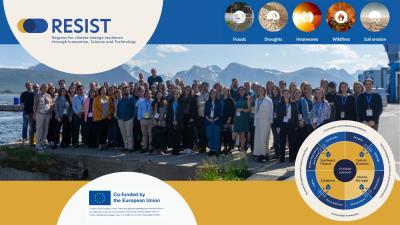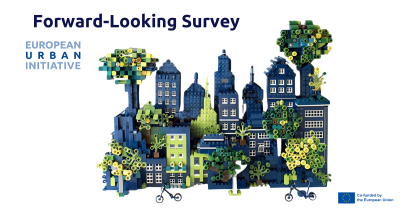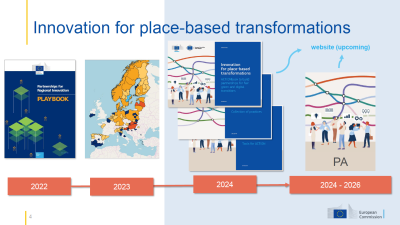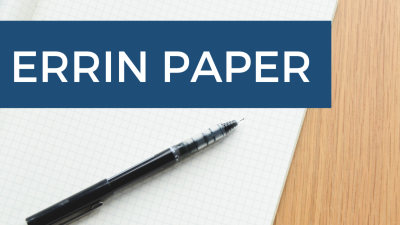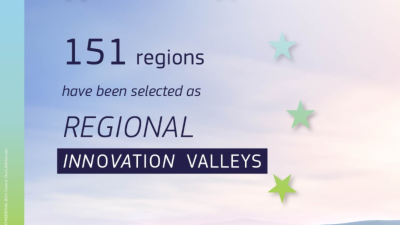Place-based R&I ecosystems
Building an effective European research and innovation policy, and optimising the impact of related funding programmes depends on strong interconnected R&I ecosystems embedded in regions and cities. Innovation happens in places and there are specific local conditions that enable ecosystems to flourish. Therefore, enhancing local and regional ecosystems and working towards achieving a less fragmented European innovation ecosystem is crucial. Supporting collaboration between different stakeholders – public administrations, universities, research organisations, companies, clusters and civil society – at regional level to strengthen ecosystems, as well as collaboration between ecosystems, are both essential to reach that goal.

ERRIN input to Horizon programmes 2014-2027 consultation
February 2023
ERRIN's work on ecosystems
Regional and local R&I ecosystems are at the heart of all ERRIN activities. The current multiannual financial framework (2021-2027) places increasing importance on the place-based dimension and includes several programmes and instruments that are developed around ecosystem thinking, requiring the engagement of multiple stakeholders and embracing quadruple helix collaboration. European Digital Innovation Hubs (Digital Europe Programme), European Innovation Ecosystems Action (Horizon Europe) and I3 Instrument (ERDF), are examples of such developments. ERRIN has actively contributed to all these instruments.
In the frame of Horizon Europe, ERRIN sees great potential of fostering a place-based dimension in the various parts of the programme and in particular under Pillar II in EU Missions and European Partnerships, Widening participation and strengthening the European Research Area (ERA) as well as Pillar III European Innovation Ecosystems (EIE) and European Innovation Council (EIC). The network is also advocating strong place-based ecosystem approach in the future cohesion policy post-2027 (see our input from August 2023 here).
When it comes to wider initiatives at the EU level to strengthen the regional and local R&I ecosystems, the network actively follows and engages in undertakings such as the ones below, further described in separate subpages:
- European Research Area (ERA) and testing of the "ERA Hubs" concept
- New European Innovation Agenda (NEIA) and related initiatives such as Regional Innovation Valleys (RIVs) and Partnerships for Regional Innovation (PRI)
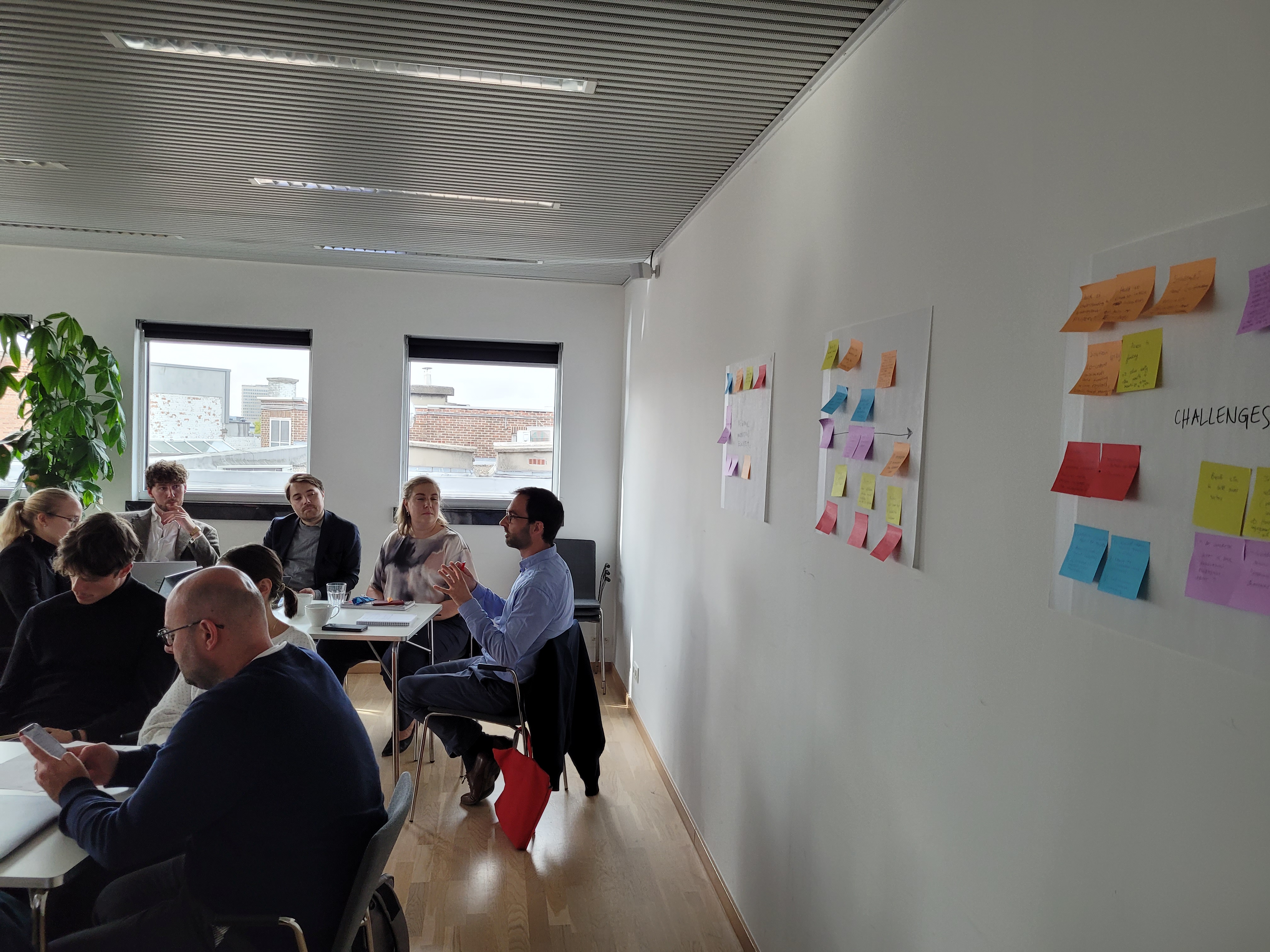
ERRIN’s policy messages
Ecosystem approach is a vital underlying principle for realising the full potential of research and innovation in Europe. The following points should be taken into account:
- Strengthening attention towards exploring place-based strategic policymaking tools and methods such as the Partnership for Regional Innovation (PRI) based on smart specialisation (S3)
- Implementing, more broadly in Horizon Europe, calls that engage the whole regional and local ecosystems
- Involving cities and regions as demonstrators to tackle needs and challenges on the ground
- Identifying and reinforcing ecosystem connectors with an ability to bring together different stakeholder groups (representing various interests and combining various funding programmes)
Key funding instruments supporting ecosystem thinking

Interregional Innovation Investments (I3) Instrument
Interregional Innovation Investments (I3) Instrument is a programme funded under ERDF that aims to support the commercialisation and scaling-up of interregional innovation projects in shared smart specialisation priority areas.
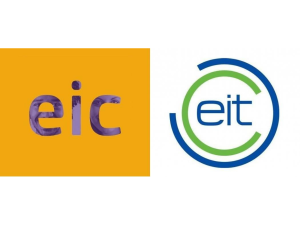
European Innovation Ecosystems (EIE)
European Innovation Ecosystems (EIE) programme complements the European Innovation Council (EIC) and European Institute of Innovation and Technology (EIT) and innovative activities across Horizon Europe and other EU funding programmes to improve the overall ecosystem for innovation in Europe.
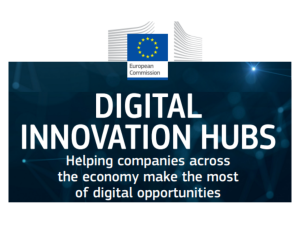
European Digital Innovation Hubs (EDIHs)
European Digital Innovation Hubs (EDIHs) work to help companies respond to digital challenges and become more competitive.
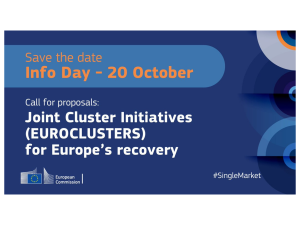
Joint Cluster Initiatives (EUROCLUSTERS)
To support the implementation of the updated industrial strategy, the European Commission has launched around 30 cross-sectoral, interdisciplinary and trans-European strategic Joint Cluster Initiatives - known as ‘Euroclusters’.
